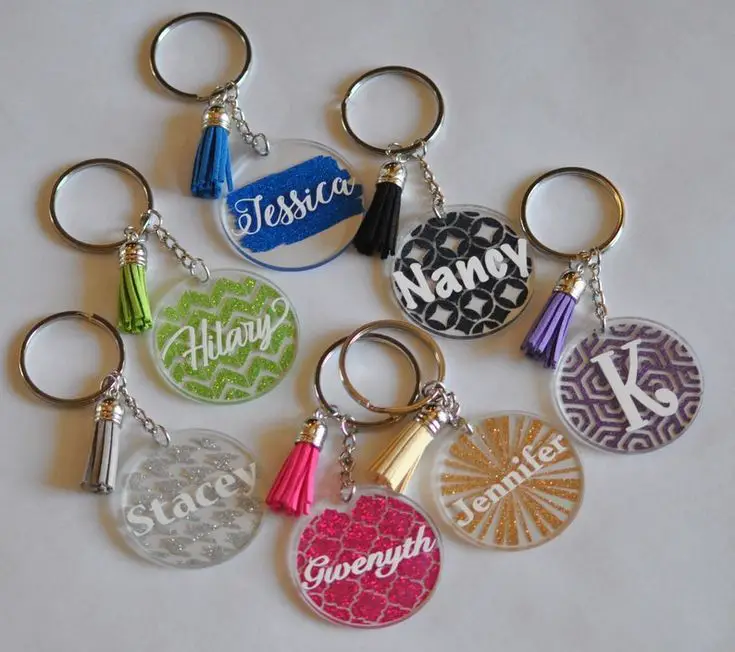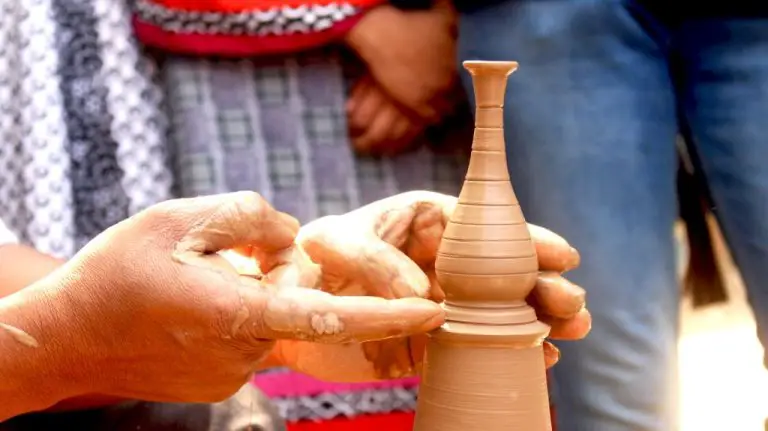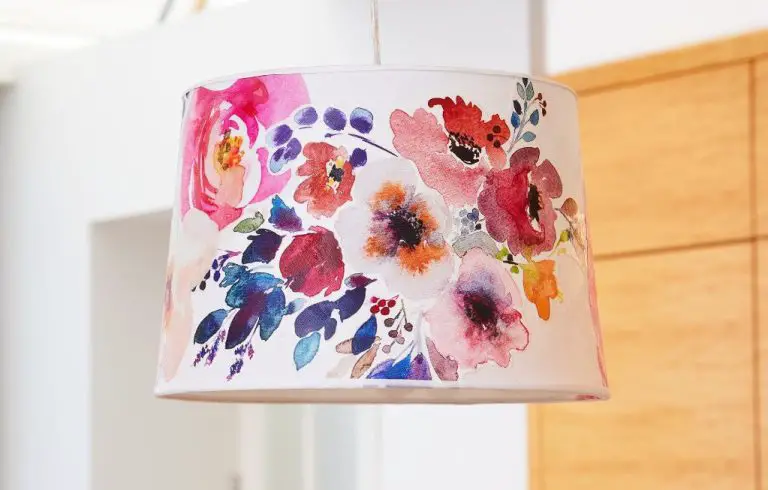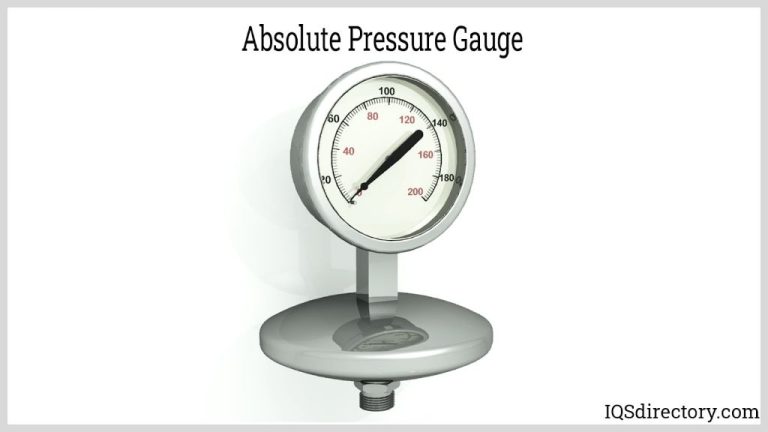What Plastic Can You Use To Make Keychains?
Keychains are portable accessories used to hold keys or other small personal items. They are commonly used to keep keys organized and easy to access. Keychains often have a ring or clip to attach keys and may also feature decorative pendants, charms, tags, or electronic tracking devices. People use keychains for everyday convenience as well as promotional merchandise.
Keychains can be made from various types of plastic due to plastics’ durability, customizability, and cost-effectiveness. Some common plastics used for keychains include acrylic, ABS, polycarbonate, nylon, PET, and PVC. The choice of plastic depends on the desired properties, manufacturing method, and price point.
Acrylic
Acrylic is one of the most popular plastics used for making keychains due to its advantageous properties. Acrylic is lightweight, strong, scratch resistant and inexpensive (https://breezecrafts.com/products/square-clear-acrylic-blanks-for-49724). It has a glossy, glass-like finish that allows for high clarity designs and vivid colors (https://breezecrafts.com/products/coffin-clear-acrylic-blanks-for-94255).

The advantages of acrylic are its durability, light weight, clarity, flexibility, and affordability. Acrylic keychains are resist to fade, crack and withstand temperature changes (https://www.etsy.com/listing/755598098/alabama-acrylic-blanks-clear-cast). The disadvantages are that acrylic can scratch easier compared to other plastics and can become brittle over time.
The most common types of acrylic used for keychains are cast acrylic and extruded acrylic. Cast acrylic has a smooth surface and high transparency. Extruded acrylic is more affordable but not as optically clear. Both offer durability and customization options ideal for keychains.
ABS Plastic
ABS (acrylonitrile butadiene styrene) plastic is one of the most common plastics used for making keychains due to its durability and impact resistance (Alibaba). It is made from petroleum-based sources and is lightweight, inexpensive, easy to mold, strong and durable.
Some of the advantages of using ABS plastic for keychains include:
- High impact strength and durability – ABS has high impact resistance and tensile strength which makes keychains less prone to breakage and damage (ABS Plastic Keychain Layout Tools on eBay).
- Affordable – ABS plastic is relatively inexpensive compared to metals or other engineering-grade plastics.
- Easy to manufacture – ABS can be injection molded into complex keychain shapes easily.
- Good surface finishing – The surface can be color-tinted, or metallized giving an attractive finish.
Some of the disadvantages include:
- Not as strong as metals or polycarbonates.
- Prone to stress cracking if exposed to certain chemicals.
- Not resistant to UV light which can cause discoloration over time.
The most common types of ABS plastics suitable for keychains are ABS-M30, ABS-M30i and ABS-PC compounds which have higher impact resistance. The high-heat ABS plastics like ABS-ESD7 are also good options for durable keychains.
Polycarbonate
Polycarbonate is a thermoplastic polymer that is a popular material for making keychains. Some of the notable properties of polycarbonate include:
It is incredibly strong and impact resistant. Polycarbonate has high tensile and flexural strength, making it very durable for everyday use on keys [1].
It is transparent and has high optical clarity, allowing decorative elements or IDs to be seen through the keychain.
Polycarbonate has high heat resistance, with a glass transition temperature between 130-140°C. This allows it to withstand high temperatures during manufacturing and everyday use.
Some drawbacks of polycarbonate include that it can become brittle over time when exposed to UV light or high temperatures. It also has a tendency to creep under load if not properly stabilized.
When making polycarbonate keychains, it is common to use industrial grades of the polymer optimized for molding, impact resistance, and UV stabilization. Some popular grades used are Lexan RES200, Makrolon 2405 and 2458, and Calibre 2045 [2].
Nylon
Nylon is a popular plastic choice for keychains due to its durable yet lightweight properties1. Nylon is a synthetic thermoplastic material known for being extremely tough, flexible, and abrasion resistant while still remaining lightweight2. This makes it an ideal plastic for keychains that need to withstand daily wear and tear.
The pros of nylon keychains are their durability and ability to resist staining, cracking, and fading even after prolonged use. The smooth finish of nylon also makes it easy to imprint logos and designs. The main downside is that nylon can be prone to absorbing odors over time.
The most common types of nylon suitable for keychains are nylon 6 and nylon 6-6. Nylon 6 offers high strength and stiffness while nylon 6-6 provides greater flex fatigue resistance. Both provide the right balance of durability, flexibility, and affordability for quality keychains.
PET Plastic
PET, also known as polyethylene terephthalate, is commonly used for keychains due to its durable and lightweight properties. PET is known for being shatterproof and recyclable (source). It also has high impact strength and chemical resistance.
Some advantages of using PET for keychains is that it has good stiffness and surface hardness, allowing the keychains to retain their shape. PET also has a glossy surface finish. The disadvantages are that PET can be susceptible to stress cracking and has poor resistance to solvents.
There are several grades of PET used for keychain manufacturing. Bottle grade PET is made from recycled plastic bottles and is inexpensive but more brittle. Film grade PET has better flow properties while fiber grade has higher tenacity. Engineering grade PET is modified for improved mechanical and thermal properties.
PVC
Polyvinyl chloride, or PVC, is one of the most commonly used plastics for keychains. PVC is lightweight, durable, and inexpensive (https://www.thestudio.com/keychains/pvc-keychains/). Some of the main properties that make PVC suitable for keychains include:
Versatility – PVC can be made rigid or flexible, allowing for different keychain designs and applications. It can be injection molded into any shape.
Durability – PVC has high impact strength and weathering properties. It can withstand repeated use and environmental exposure. PVC keychains will not easily break or degrade.
Low Cost – PVC is an inexpensive plastic resin, keeping production costs down. This makes PVC keychains very affordable.
Some of the pros of using PVC for keychains include its moldability, low cost, and durability. The main con is that PVC contains phthalates, which may have adverse health effects. However, phthalate-free PVC is available.
The most common types of PVC suitable for keychains are rigid PVC and flexible PVC. Rigid PVC allows for detailed designs and surface finishes. Flexible PVC can be made into squishy, rubbery keychains. The specific formulation of PVC can be customized for optimum performance.
Other Options
In addition to the more common plastics like acrylic, ABS, and polycarbonate, there are some other plastics that can also be used to make keychains, though they may not be as ideal.
HDPE (high-density polyethylene) is a versatile plastic known for its durability and low cost. It can be molded into many shapes, though it’s not quite as rigid as some other plastics so may not be the best for keychains. https://www.lazada.com.ph/tag/keychain-ring-plastic/
LDPE (low-density polyethylene) is a very flexible plastic often used in plastic bags and food storage containers. It would not be well-suited for keychains as it is too flexible.
Polypropylene (PP) is a rigid plastic known for its high strength-to-weight ratio. However, it can become brittle over time so may not stand up well to long-term keychain use. https://www.lazada.com.ph/products/resealable-plastics-for-keychains-seeds-rings-accessories-and-other-small-items-i2022506622.html
Manufacturing Process
There are a few common manufacturing methods used to produce plastic keychains.
Injection molding is one of the most popular techniques. This involves melting plastic pellets and injecting the molten plastic into a mold. Once cooled and hardened, the plastic takes the shape of the mold. This allows for efficient, high-volume production of identical plastic keychains.[1]
Another method is cut and drill. Sheets of plastic can be cut to size and holes can be drilled to add key rings or connectors. This is a more manual process but allows for customization and smaller production runs.
3D printing has also emerged as an option for making plastic keychains, especially unique customized designs. The plastic filament is heated and deposited layer by layer to build up the keychain shape.
Each process has its own advantages in terms of efficiency, customization options, and setup costs. Manufacturers choose the technique that aligns best with the production volumes, target costs, and design requirements of the keychain product.
Conclusion
In summary, some of the best plastics to use when making keychains include acrylic, ABS, polycarbonate, nylon, and PET plastic. Each material has advantages and disadvantages to consider based on the desired properties for the keychain.
When selecting the type of plastic for a keychain, some important factors to consider are:
- Strength and durability – Keychains experience a lot of wear and tear. Plastics like acrylic, polycarbonate, and nylon are impact resistant.
- Aesthetic qualities – Transparent plastics like acrylic allow for creative designs. ABS and nylon can be colored.
- Workability – ABS, nylon, and PET plastic are easy to mold into different shapes.
- Affordability – Plastics like PVC and PET are low cost options.
- Engraving capability – Acrylic engraves well for personalization.
- Weather resistance – Polycarbonate holds up better in sunlight than acrylic.
By taking into account the desired use, appearance, and budget for the keychains, manufacturers can select the ideal plastic material to work with for their specific needs.





